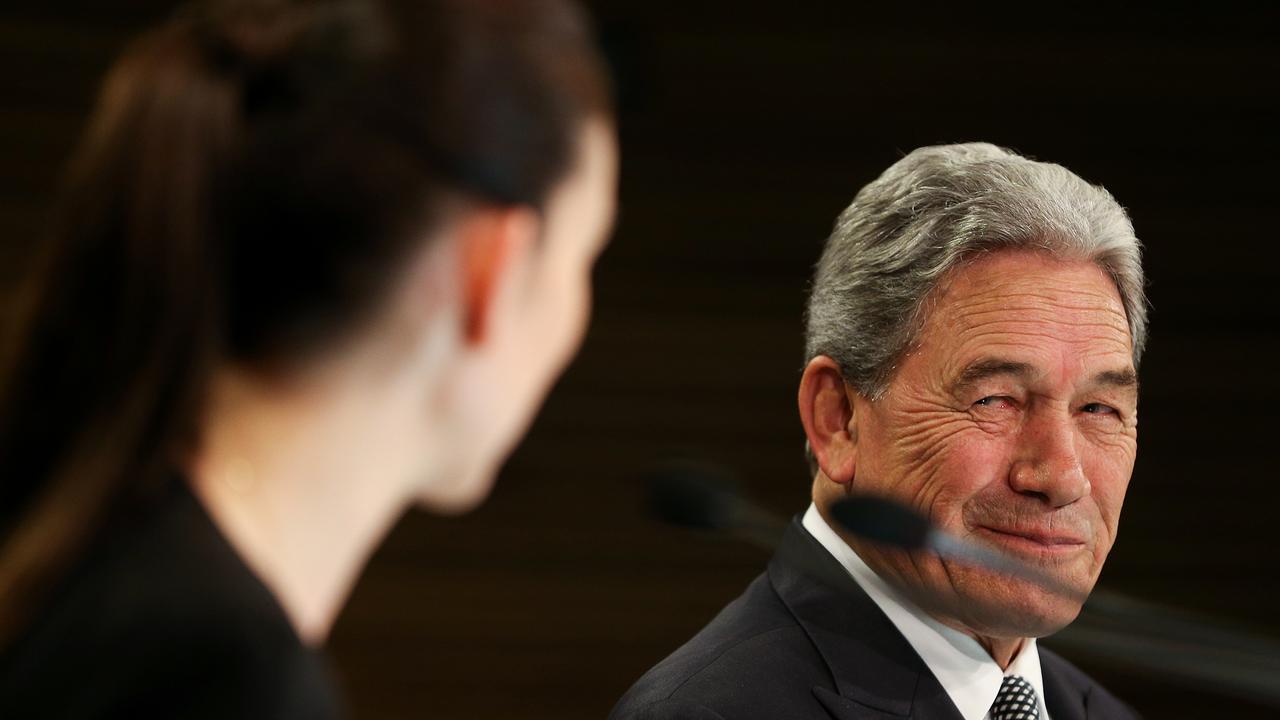Was the PM coached on how to voice her response, and in the context who cares anyway?
It wasn't Julia Gillard's finest hour, but let's look more seriously at her performance
It wasn't Julia Gillard's finest hour, but let's look more seriously at her performance
Lost for words. Charles Waterstreet in yesterday's Herald Sun:
WHEN floods of biblical and super-tragic proportions strike our lands, commentators have little to say, nothing to add.
Except when it comes to the Prime Minister's voice. Geoff Kitney in Saturday's The Australian Financial Review:
GILLARD'S problem, to put it brutally, is the way she comes across. Her voice sounds the same, no matter what the situation. And as squeaky-voiced PM Billy McMahon found a generation ago, when the way you sound grates with people, it's very hard to get your message across.
It's not only the voice. Shaun Carney in Fairfax's National Times online on Saturday:
ALMOST seven months in, Gillard still does not look comfortable as the nation's political leader, and that discomfort was on display at different times this week.
Some of the criticism of Gillard in the past few days has been unwarranted and unfair, but something is still not right with the way she presents herself.
In news conferences and interviews she has looked and sounded robotic and rehearsed. Whether she is coached or coaches herself to punch out key words and phrases, only Gillard and her staff can say, but all too often this week it looked that way.
Heard and seen enough? Nick Butterly in Saturday's The West Australian:
JUST what is Julia Gillard doing with her hands? Watch any press conference with our Prime Minister and you will quickly lose all interest in the subject being discussed and become engrossed in her dramatic and histrionic hand gestures.
There's the "traffic cop", where she pushes out the palm of her hand as a police officer would when ordering a car to stop. Sometimes this can involve the use of both hands, making her look like she is trying to calm a spooked horse.
Since becoming Prime Minister she has taken on Kevin Rudd's famed karate chop. She slices at the air in front of her in Bruce Lee-like fashion in an attempt to emphasise every point made.
Are WikiLeaks and Twitter responsible for events in Tunisia? Elizabeth Dickinson on the blog wikileaked:
TUNISIANS didn't need any more reasons to protest when they took to the streets these past weeks -- food prices were rising, corruption was rampant, and unemployment was staggering. But we might also count Tunisia as the first time that WikiLeaks pushed people over the brink. These protests are also about the country's utter lack of freedom of expression -- including when it comes to WikiLeaks.
Andrew Sullivan on The Daily Dish:
THERE seems little doubt that the WikiLeaks-released cable describing the opulence of now former president [Zine el-Abidine] Ben Ali's lifestyle played a key part in bringing him down.
Not so fast, says Tangled Web's Luke Allnut:
THE problem is that we so desperately want there to be a Twitter revolution. In a 24-hour news cycle, we don't just seek instant news but instant answers, clear explanations and narratives that can be book-ended with events and wrapped up into a three-word headline . . . In our search for a single cause, we're much more likely to settle on a "new technology" explanation rather than something as dull as [that] a great many of the participants were unemployed, or wearing socks. .
Evgeny Morozov on net.effect:
WHAT strikes me about events in Tunisia is that social media seems to have failed in what many of us thought would be its greatest contribution (outside of social mobilisation) -- that is, in helping to generate and shape the coverage of events in the mainstream media. On the contrary, despite all the buzz on Twitter, it took four weeks to get the events in Tunisia on the front pages of major newspapers, at least here in the US.
cutpaste@theaustralian.com.au


